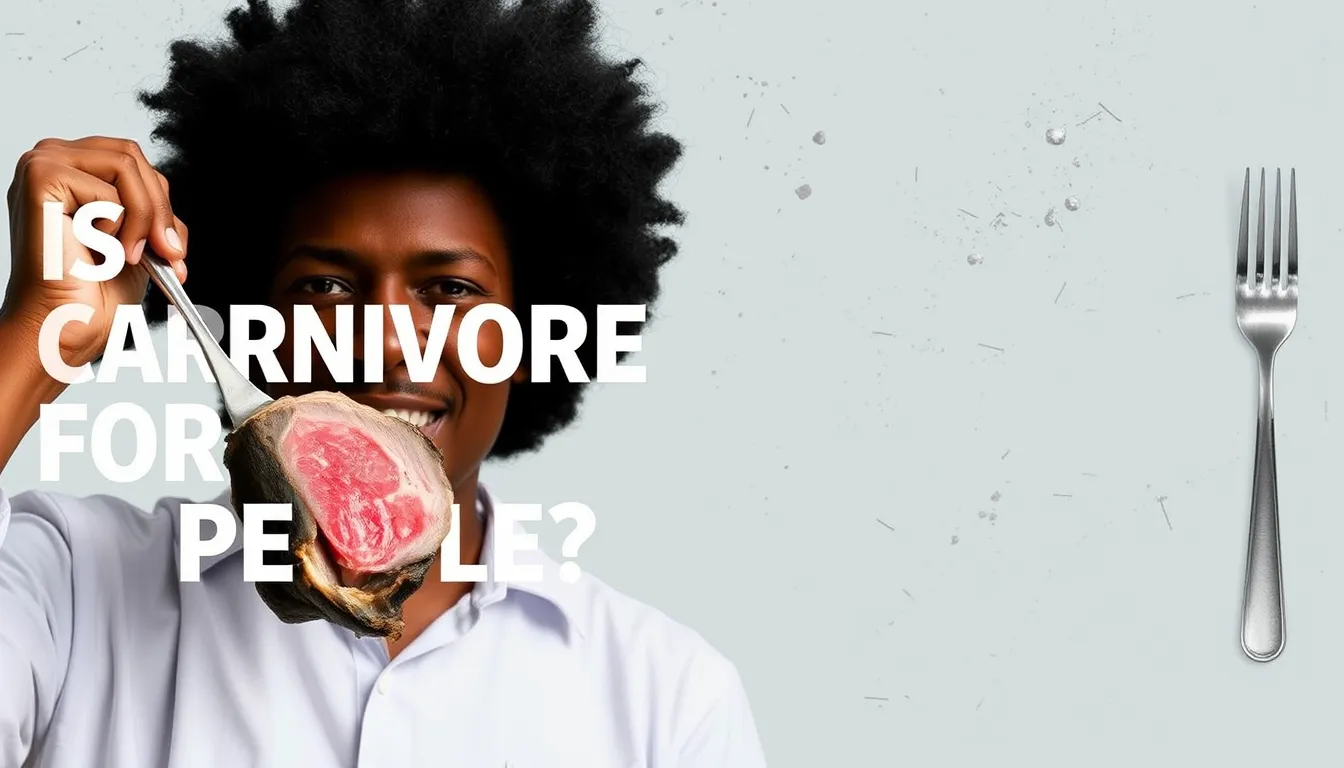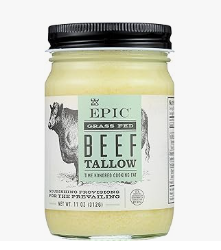Is Carnivore for Black People? Breaking the Cultural Diet Taboo

1. Is the Carnivore Diet Culturally Appropriate for Black People?
Dietary habits are deeply tied to culture, and many Black individuals might feel that the carnivore diet contradicts traditional African or African-American cuisines. While foods like yams, greens, and cornbread are culturally significant, it’s worth examining whether the carnivore diet can offer health benefits while still respecting cultural traditions.
Example: African ancestors consumed meat-centric diets during times of scarcity, and incorporating animal-based eating into modern culture could still honor heritage, especially given the connection between high-quality meat and nutrient-dense eating.

2. Are There Health Concerns for Black People on the Carnivore Diet?
Black people face higher rates of health conditions like hypertension, diabetes, and cardiovascular disease. Could a meat-only diet worsen these conditions, or could it help alleviate them? Some Black carnivores, like the creator of Carnivore Found Me, have reversed prediabetes, fatty liver, and mental health issues by going carnivore.
Focus: Instead of posing health risks, this diet may reduce inflammation, stabilize blood sugar, and offer a solution to chronic conditions that disproportionately affect Black communities.
3. What Are the Nutritional Implications of the Carnivore Diet for Black People?
A concern for many is whether the diet can meet all nutritional needs. Do Black individuals need certain nutrients, like magnesium or calcium, that might not be available in a meat-heavy diet? Studies show that meat contains all essential amino acids, along with crucial vitamins like B12 and iron.
Key Point: Nutritional adequacy is achievable, especially when focusing on nutrient-dense animal foods like organ meats and bone broth.

4. Do Genetic Factors in Black Populations Affect the Effectiveness of the Carnivore Diet?
Genetics play a significant role in how different populations process food. One common genetic trait among Black people is a higher likelihood of lactose intolerance, which raises concerns about the carnivore diet if it includes dairy products. However, lactose intolerance doesn’t have to be a barrier to success on the carnivore diet.
Solution: For those with lactose sensitivity, focusing on non-dairy animal foods like beef, lamb, and fish can still provide all the necessary nutrients. Additionally, gut health plays a crucial role in processing lactose. I personally healed my gut after a vegan diet destroyed my stomach and caused leaky gut. Along with bone broth, I incorporated homemade L. Reuteri yogurt, which helped introduce positive bacteria that allowed me to tolerate dairy again. This gut-healing approach can help others overcome lactose intolerance while following the carnivore diet.
5. Success Stories: Black People Who Have Healed on the Carnivore Diet
Success stories are powerful, and there are Black people who have thrived on the carnivore diet. From reversing prediabetes to overcoming mental health struggles, these testimonials show that the carnivore lifestyle can be transformative.
Example: Carnivore Found Me shares the story of a Black female who healed from prediabetes, fatty liver, sleep issues, and even anxiety, depression, and PTSD, getting off medication after over 10 years.
6. How Does the Carnivore Diet Compare to Traditional Black Cultural Diets?
Soul food and West African cuisines are rich in history and flavor, but they often incorporate carbs and plant-based ingredients. However, the focus on animal protein in traditional African diets is not far from the carnivore approach.
Comparison: African diets once included much more meat, which can still hold cultural significance today, especially when adapted to modern health needs.
7. Long-Term Health Impacts of the Carnivore Diet on Black People
Skeptics often question whether the carnivore diet is sustainable for the long term, particularly in relation to conditions like heart disease. This section would explore whether eating only meat is beneficial or harmful over time, especially considering the typical health profile of Black individuals.
Evidence: So far, many long-term carnivores report sustained energy, stable weight, and reduced chronic illness, which could potentially help address long-standing health disparities in Black communities.
8. Cultural and Social Barriers to Adopting the Carnivore Diet
There can be social resistance to adopting a diet like carnivore, especially in tight-knit communities where food is central to social gatherings. How can Black people navigate these challenges?
Perspective: Adapting the diet for special occasions while keeping a carnivore baseline, and educating family members on the health benefits, can help overcome these cultural barriers.
9. Can the Carnivore Diet Address Health Issues Prevalent in the Black Community?
Black communities face unique health challenges, such as higher rates of obesity, hypertension, and diabetes. This section explores whether the carnivore diet can be a viable solution to these health crises.
Conclusion: Many Black people who’ve embraced the carnivore diet report life-changing improvements in metabolic health, suggesting that it could be a powerful tool to address these chronic health conditions. Conclusion: Breaking the Dietary MythsThe carnivore diet may seem unconventional, but for many Black people, it could be the key to overcoming chronic health conditions and returning to a more ancestral way of eating. With growing testimonials and case studies, it’s clear that this diet is not only culturally adaptable but can be life-changing.
Carnivore Found Me
© Copyright 2024 Carnivore Found Me

